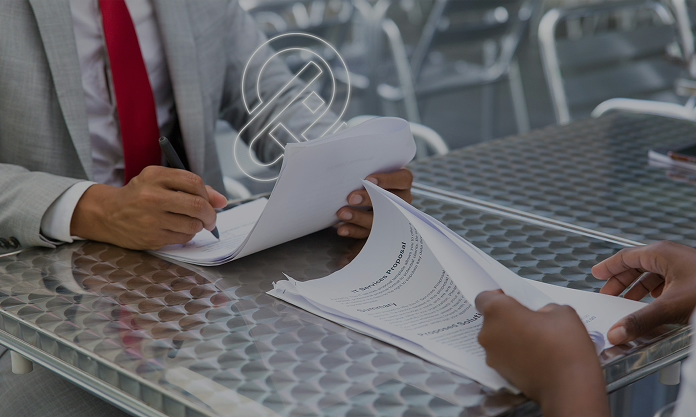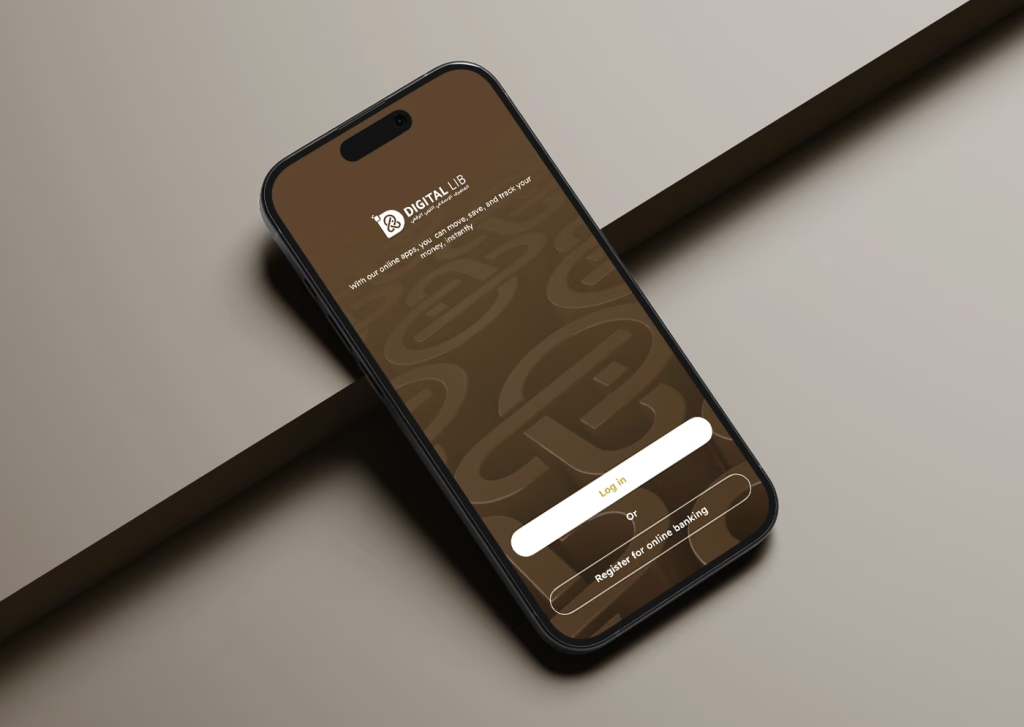- Libyan Islamic Bank
Corporate services
Enjoy efficient money management with our banking solutions.

- Banking services
Letters of guarantee service
Because you aspire every day to a unique lifestyle and always look forward to the best, we offer you Sharia-compliant credit cards that open up a world of privileges, services and added value to meet your needs with flexibility.
- Banking services
Point of Sale Service
Because you aspire every day to a unique lifestyle and always look forward to the best, we offer you Sharia-compliant credit cards that open up a world of privileges, services and added value to meet your needs with flexibility.
Corporate finance
Car financing
Financing for the purchase of a new car with easy terms, and flexible repayment plans to suit your capabilities.
Phone Murabaha
Acquire smartphones and electronic devices using the Murabaha financing method, quickly, easily, and without financial burdens.
Furniture Murabaha
A financing solution for purchasing home or office furniture according to the Murabaha formula, which guarantees you comfort and transparency in repayment.
Murabaha Energy Solutions
Financing is available specifically for the acquisition of energy equipment (such as solar energy) in the form of Murabaha, with convenient installments.
- Frequently Asked Questions
FAQ
Answers to the most frequently asked questions to help you quickly get the information you need.
Do you have any other questions?
Contact us on customer support number 1540
Islamic Murabaha:
It is the sale of a commodity at the same price the seller purchased it for, plus a known and agreed-upon profit margin, either as a percentage of the price or a fixed amount. This can happen without a prior promise, which is called ordinary Murabaha, or it can occur based on a promise to purchase from the person wishing to obtain the commodity through the bank, known as Murabaha al-Amir bil-Shira’ (Murabaha by order to buy). This type of sale is among the sales of trust, relying on clear disclosure of the purchase price or cost (including usual expenses) with an agreed profit margin.
The majority of Islamic scholars have ruled that Murabaha is permissible based on the following evidence:
It falls under the general meaning of Allah’s statement: "And Allah has permitted trade" (Quranic verse).
It is also supported by analogy with the incident of tawliyah: the Prophet Muhammad (peace be upon him) bought a she-camel from Abu Bakr for a price, as Abu Bakr had initially wanted to gift it to him, but the Prophet insisted on paying the price.
